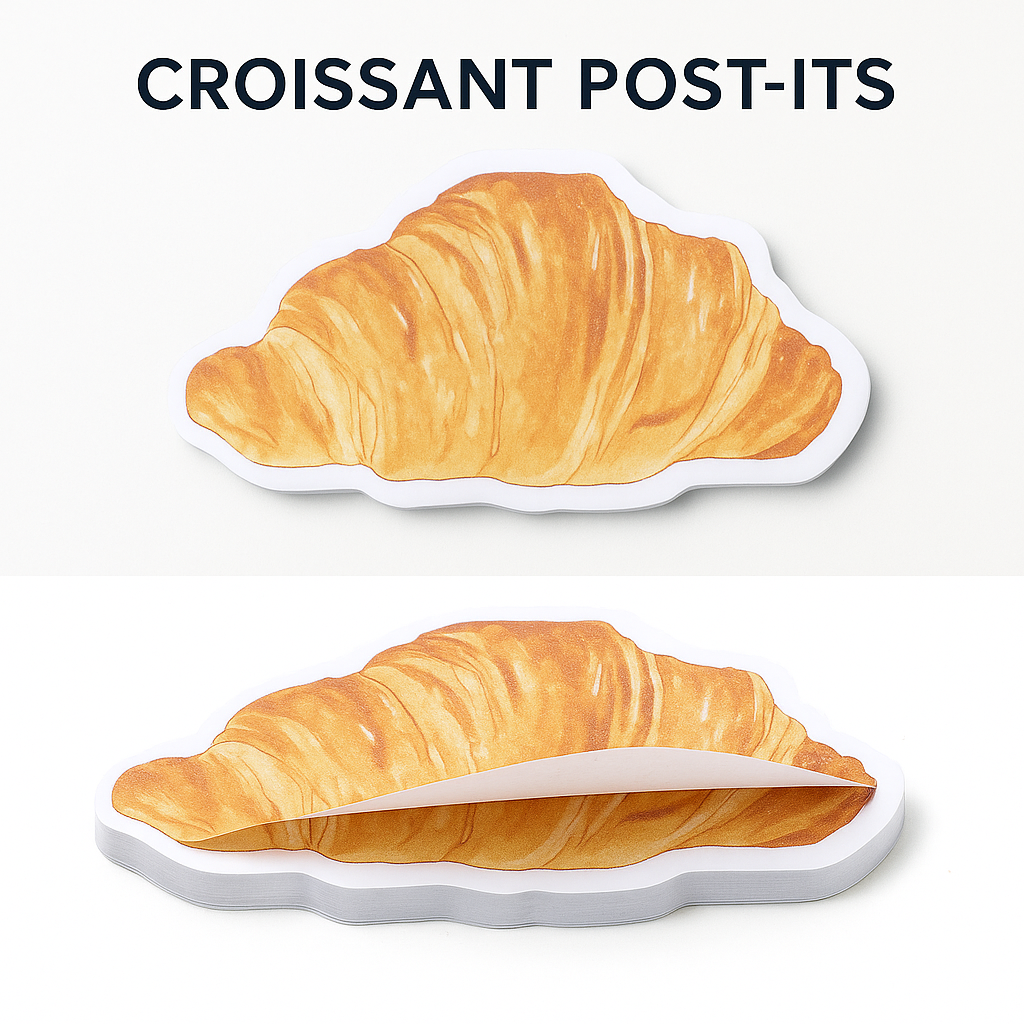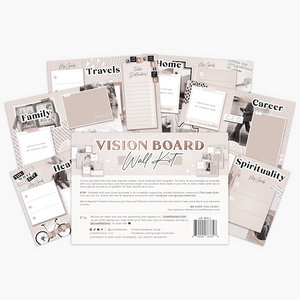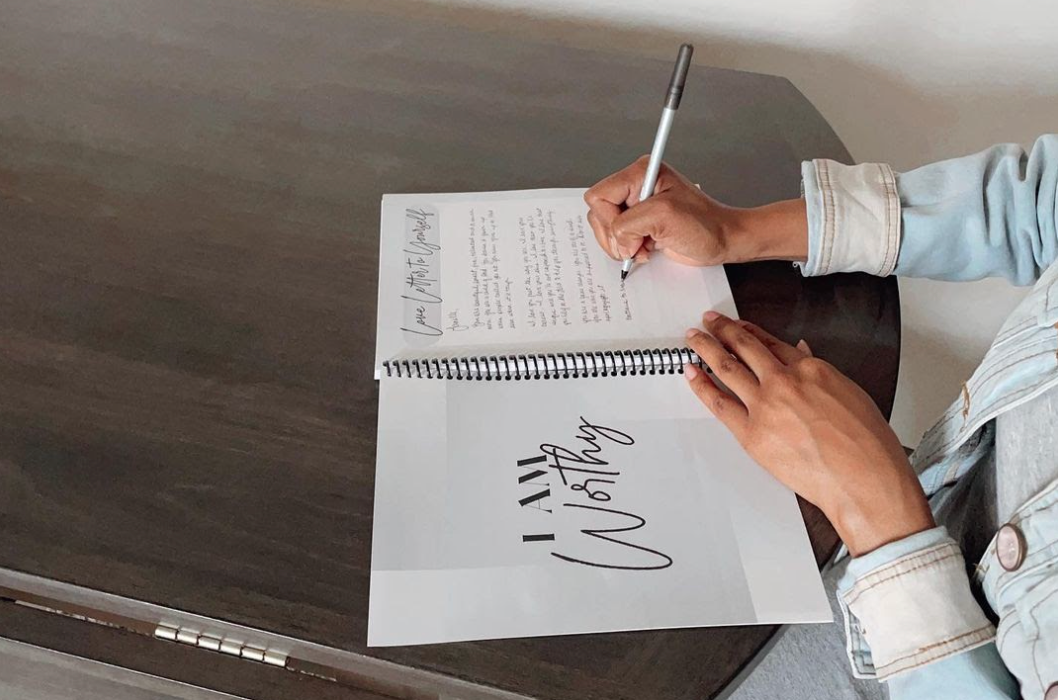The COVID-19 pandemic that began in 2020 is still with us, but in 2021, the United States is learning how to move forward with the pandemic ongoing. We know that it’s going to be some time before the coronavirus and its variants are no longer a daily concern.
It’s certainly not going to be over within the next 2 months, but how can you make 2022 a better year for you?
It’s all in your stress management.
In this blog post, we discuss different, suggested actions you can take to minimize stress and cope with the unique stress that’s manifested during the pandemic.
First, we need to recognize pandemic stress as different from your everyday stress.
Pandemic stress is a beast. As many were forced into isolation for safety, the uncertainty of the future heavily weighted the stress and for many, it compounded. Those already struggling with mental health experienced agitated symptoms (e.g. anxiety attacks, panic attacks, sleep deprivation, etc).
Many don’t have the coping tools to handle such a crisis so, often people turn to self-medicating with alcohol or other mind-altering substances.
Each person has what’s known as a surge capacity which is how much someone’s mental state can handle high levels of stress especially for prolonged amounts of time. Again, everyone has a mental surge capacity but Lifestance Health explains that high levels of stress cannot go on forever.
There’s a limit.
In their article 3 Ways Pandemic Stress Is Different From Other Types of Stress, they explain, “In an emergency, the fight-or-flight mechanism kicks in and allows you to handle the increase of stress. When this emergency goes on for too long or it feels indefinite, there can be serious consequences for your mental health.”
What can you do to help manage this stress and prevent pandemic stress from disturbing your inner peace?
Here are some ways to cope.
1. Know when to shut off the news.
This isn’t the same as being uninformed. Knowing when to shut off the news is an act of self-discipline because the abundance of information can be overwhelming. Your mind can only juggle so much and constantly subjecting yourself to the news can add more weight to your stress.
Try This Instead: Limit yourself to 10 minutes of news consumption each day and don’t include it in your morning routine. Your mind is the most vulnerable when you wake up in the morning and so how you spend the first few hours of your day can set the tone for the rest of your day.
2. Get fresh air and some sunshine.
Sunshine is important because your body needs to absorb vitamin D. Ask yourself if you’re getting enough sun exposure, consistently even. According to WebMD, without the pandemic in consideration, “Low levels of the vitamin may contribute to schizophrenia in adults, depression, and seasonal affective disorder.”
Be Safe: Observe social distancing rules in public places. This recommendation, however, is not for public settings. Go outdoors around your neighborhood, your front porch, your backyard, wherever you can safely get some fresh air and sunshine.
3. Journal for 5 to 10 minutes every morning.
How you start the day can impact the rest of your day. If you start your day with negative thoughts, that will manifest through the day as emotional heaviness (stress, grief, etc) which can then affect social interactions and your flow for the day.
In Michigan State University’s article on Journaling to reduce COVID-19 stress, Lisa Tams wrote, “Journaling is most effective when done consistently….While we can’t control many stressful situations, developing a journaling practice can help us better manage our thoughts and feelings to experience greater well-being no matter what life brings our way.”
Instead of waking up and getting straight into the thick of your day, use a journal but don’t use just any blank journal.
Try This Instead: The Positive Thinking Journal and The Gratitude Journal are customer favorites at Lovet Planners because they provide structure to journal without micromanaging you. You won’t be left in the dark and with either of these journals, you can start your day on a positive note.
4. Lead with empathy and compassion.
Despite things feeling more normal than they were in 2020, everyone’s had their share of bad days and quickly have seen or felt crossed by others. To lead with empathy and compassion means to understand the risks with consideration to everyones’ mental wellness.
What we’re saying is… be kind! You never know what struggles others are enduring.
Here’s A Tip: When faced with a situation or circumstance that tests your patience, frustration, or pokes your buttons, ask yourself if reacting will positively serve your inner peace. Meet others with kindness as it could undo toxic energies within you and the other person.
5. Moderate your work-life balance.
Having a balanced day between work and personal life is important. Self care is important. With the pandemic lingering though, work can easily take over your personal life because it is one remnant of a normal routine. It’s familiar to you.
Self care on the other hand? Not so familiar.
Introduce self care into your daily routine and make sure that your daily routine has a balance of work tasks and personal tasks or focuses.
Instead of waiting for burnout...
Try This Instead: Use the Lovet Weekly Planner to outline and plan your days on a weekly basis. This will help you create a routine so you don’t slip into depressive funks. The Self Care Planner is great to make sure you get at least 1 act of self care in a day.
Go forth and be fabulous in 2022…
We hope that this information and the suggestions will help you start the rest of the days in 2021 and 2022 on a good note.
Everything you need is within you, and while not every day will be a good day, each day is a new opportunity to mold into a good day. Your mental health co-existing with the ongoing pandemic is possible. It all begins with one step that works for you.
Did you like this blog post? When you love it, we LOVET. Keep up to date with the latest blog posts, Lovet Planners sales, self care tips, vision board tips, and more by subscribing to receive our newsletters: CLICK HERE NOW.




![Manifestation Memo Pad [DAILY]](http://lovetplanners.com/cdn/shop/files/Manifestingjournalplanner.png?v=1704323635&width=300)







